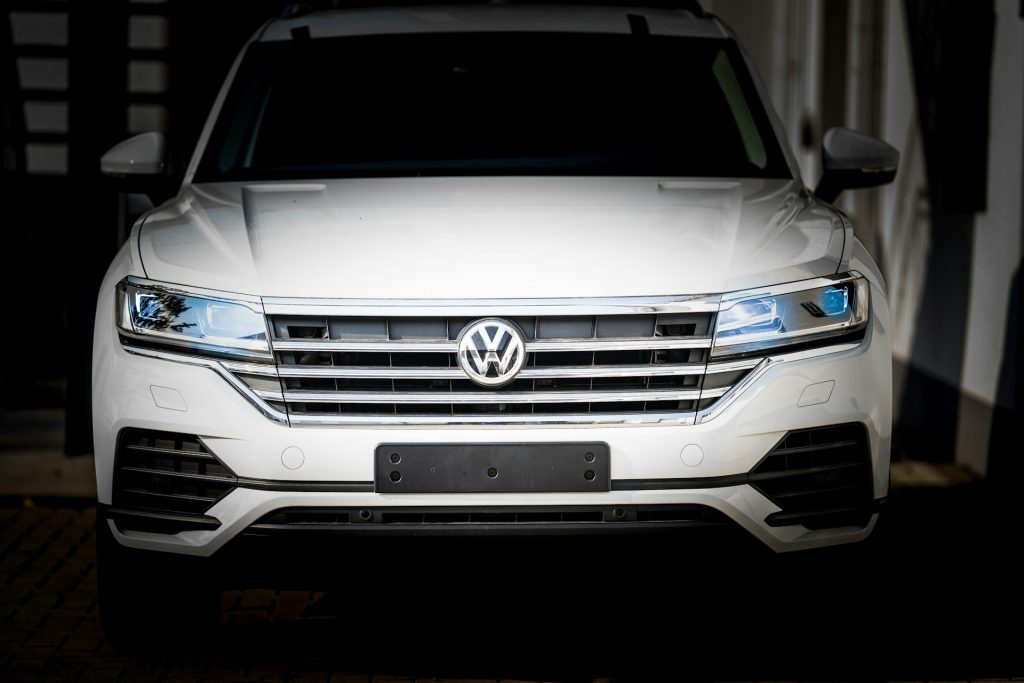Time is running out for Germany’s automotive giants. The country’s car industry has been grappling with deepening challenges for some time now. Beyond a looming wave of bankruptcies, manufacturers are contending with shrinking profits, major job cuts, and growing uncertainty surrounding the fresh tariffs introduced by Donald Trump – measures that hit German carmakers particularly hard. The sector is facing a turbulent road ahead, and according to leading economists, not all players will make it through.
VW, BMW and Mercedes in the Spotlight: Grim Forecast from Top Economist
According to Moritz Schularick, President of the Kiel Institute for the World Economy (IfW), it is unlikely that Volkswagen, BMW and Mercedes will all survive the next five years in their current form. Speaking recently on the ZDF programme Markus Lanz, Schularick remarked that he doesn’t see the trio continuing to exist in their current configuration by the end of the decade. “At least one of these carmakers will likely reach the decade’s end in a different form,” he stated.
This isn’t the first time Schularick has issued a stark warning about Germany’s carmakers. Back in September 2024, he told WirtschaftsWoche that he didn’t believe all of the country’s auto giants would make it through the decade unchanged – a view he reiterated on Markus Lanz, stressing that nothing has changed his mind.
Schularick attributes the crisis in part to a sluggish transition to electric mobility, describing the shift as one that the industry has “slept through.” When asked to clarify what “ending the decade in a different form” might entail, he explained that this could mean being bought out, broken up, or merged into new entities. However, Stephan Weil (SPD), the outgoing Minister-President of Lower Saxony, warned against painting an overly negative picture. “I don’t see any sign that VW or its individual divisions are about to merge,” he countered.
Plunging Profits and Sales: The Downward Trend Continues
After years of booming profits, Germany’s carmakers are now facing an evident downturn. Volkswagen, for instance, delivered fewer vehicles in the last quarter compared to the same period a year ago. Between April and June, the group delivered 2,243,700 vehicles across all its brands worldwide – a 3.8 percent drop. The company highlighted particularly weak performance at Audi and in China as key factors.
Audi saw its sales plummet by 11.3 percent, while the core Volkswagen brand dropped by 5.2 percent. Meanwhile, Skoda and Seat/Cupra reported gains. The Chinese market, however, proved especially difficult, with deliveries falling by 19.3 percent over the past three months.
There was also a setback in electric vehicle (EV) sales. During the first half of 2025, Volkswagen delivered 317,200 EVs globally – 4,400 fewer than in the same period in 2023. The main culprit was weak demand in Europe and the United States, with both markets seeing a 15 percent drop in EV deliveries. That said, the order backlog for EVs in Western Europe rose slightly, reaching approximately 170,000 units.
BMW, too, has suffered a blow. For the 2024 financial year, the Munich-based manufacturer reported a post-tax profit of €7.7 billion. While that figure may sound substantial, it represents a 37 percent decline from the previous year – marking the second sharp drop in a row. In addition to sluggish sales in China, BMW also faced issues with brake components supplied by Continental, which further impacted performance.
As the automotive sector continues to navigate an increasingly volatile landscape, questions about its long-term viability – and the survival of key players – grow louder. The next few years could prove defining for Germany’s historic auto industry.










More Stories
Meta Taps into EU User Data for AI Training Amid Privacy Concerns
Germany Secures Second Place Globally in European Patent Filings
Netflix Prepares to Announce Quarterly Financial Results